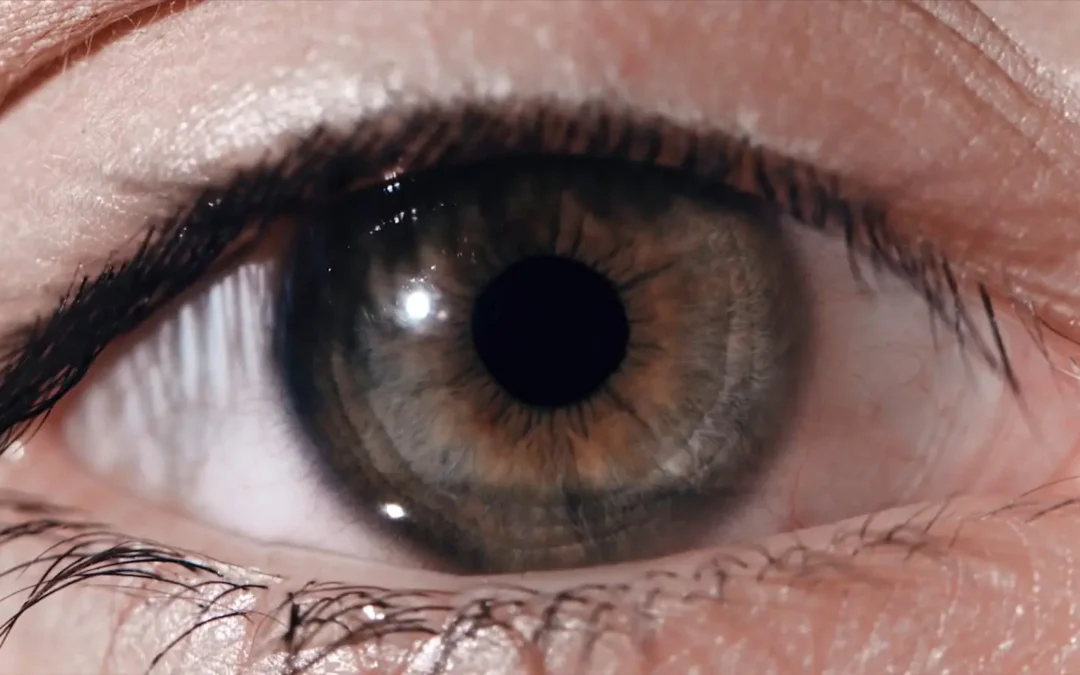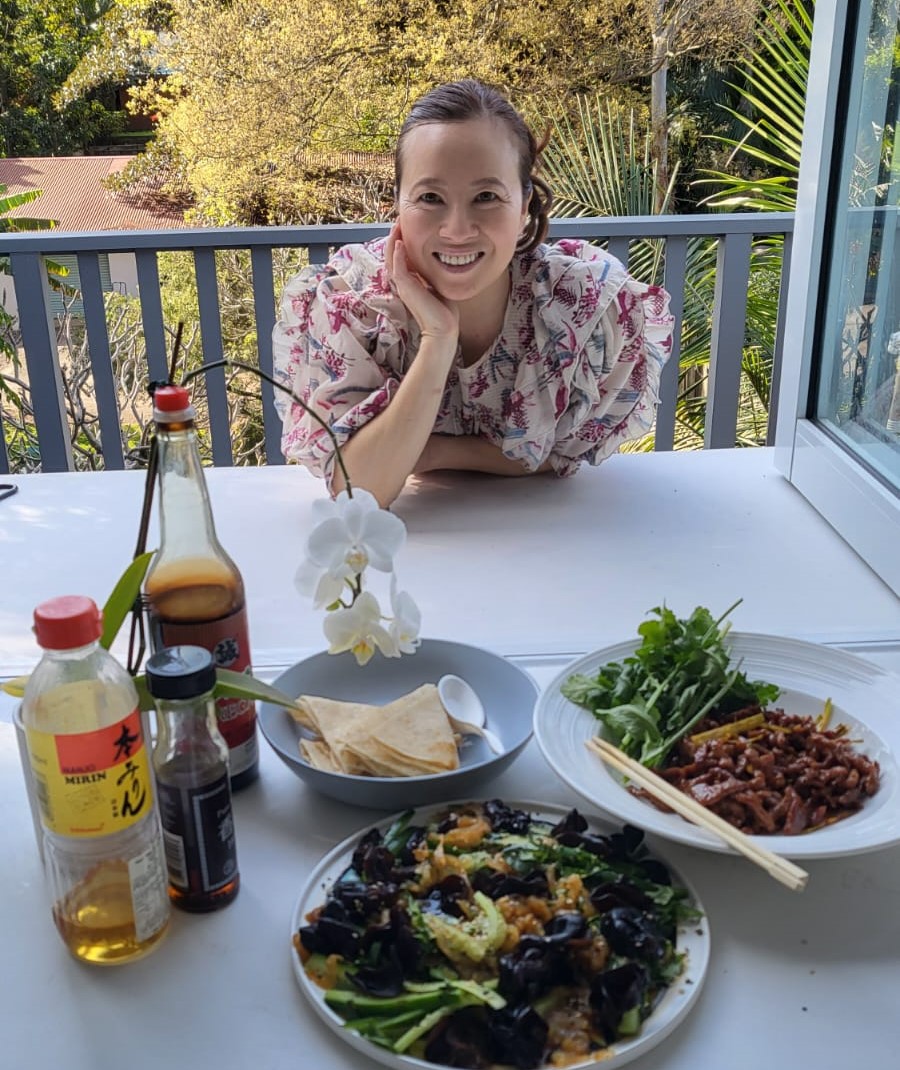Retinitis Pigmentosa (RP) is a rare, inherited eye disorder that progressively affects the retina, leading to vision loss over time. For those diagnosed with this condition, understanding its causes, symptoms, and possible treatments can be crucial for managing their quality of life. At Eastern Therapies, we are fully committed to supporting people with chronic conditions through our holistic and natural health approaches, including those suffering from visual impairments like Retinitis Pigmentosa with advice on diet, supplements and Chinese herbs.
What is Retinitis Pigmentosa?
Retinitis Pigmentosa is a group of genetic disorders that cause the cells in the retina (known as photoreceptors) to gradually break down and lose their ability to function. The retina is a layer of tissue at the back of the eye that converts light into signals, which are then sent to the brain to create visual images. As the photoreceptor cells deteriorate, patients experience a gradual decline in their vision.
While Retinitis Pigmentosa often begins with night blindness and tunnel vision, the symptoms can vary from person to person. In advanced stages, it may lead to significant vision loss or even complete blindness. It’s worth noting though that the disease progresses slowly, which means many people manage to retain some degree of vision for years after being diagnosed.
What Causes Retinitis Pigmentosa?
The main cause of Retinitis Pigmentosa is genetic mutations – these mutations affect the ability of the retina to function properly. Depending on the genetic inheritance pattern, a person may develop RP if they inherit the mutation from one or both parents. These patterns can be autosomal dominant, autosomal recessive, or X-linked (meaning the disease may pass through generations in various ways).
In some cases, even without a family history of the disorder, Retinitis Pigmentosa can develop due to new, spontaneous mutations. Researchers are continuously studying this area to better understand the genetic complexities behind the disease.
Recognising the Symptoms of Retinitis Pigmentosa
The symptoms of Retinitis Pigmentosa typically appear in early adulthood but can manifest during childhood or adolescence in some cases. The early signs often include:
- Night blindness: Difficulty seeing in low light conditions is one of the first noticeable symptoms. Individuals with RP may struggle to see clearly in dimly lit environments, such as during evening hours or indoors with poor lighting.
- Tunnel vision: As the condition progresses, peripheral vision tends to narrow, leading to tunnel vision. This makes it difficult to see objects to the side, above, or below while looking straight ahead.
- Loss of colour perception: Some people with RP experience reduced ability to distinguish between different colours.
- Central vision loss: In later stages, the central field of vision may deteriorate, making it difficult to focus on objects directly in front of the eyes, such as reading text or recognising faces.
These symptoms can vary in severity, and not everyone with Retinitis Pigmentosa will experience all of them. Early diagnosis is essential for managing the condition effectively and minimising further visual deterioration.
Retinitis Pigmentosa Treatment Options
Although there is currently no cure for Retinitis Pigmentosa, there are various treatments available that can help slow its progression and alleviate some of the associated symptoms. The approach to treatment often depends on the severity of the condition and individual patient needs; but conventional options may include:
- Vitamin A supplements: In some studies, high doses of vitamin A palmitate have been shown to slow the progression of RP in certain individuals. However, it’s important to take these under the guidance of a healthcare professional, as high doses of vitamin A can have side effects.
- Retinal implants: A breakthrough technology for those with severe vision loss due to RP, retinal implants work by bypassing damaged photoreceptor cells and sending visual signals to the brain. While not widely available, this technology continues to evolve.
- Gene therapy: Emerging as a promising option, gene therapy aims to correct the genetic mutations responsible for RP. Researchers are still exploring ways to introduce healthy genes into the retina to replace the faulty ones.
Natural Therapies for Supporting Retinitis Pigmentosa
At Eastern Therapies, our staff has been mentored and trained under renowned specialist Dr Andy Rosenfarb USA. We believe in a holistic approach to managing chronic conditions. While we cannot reverse the effects of Retinitis Pigmentosa, natural therapies can provide relief and support overall health, potentially stabilising symptoms and improving quality of life. Here are some of the natural treatments we offer:
- Acupuncture: This ancient practice has been used to improve blood circulation and promote healing in various conditions, including eye disorders. Acupuncture for Retinitis Pigmentosa treatment may help increase blood flow to the retina, potentially delaying further vision loss. This 2017 study examines acupuncture’s potential benefits in managing retinitis pigmentosa, suggesting that by enhancing blood circulation and nerve function around the eyes, acupuncture may slow disease progression and improve visual function, particularly for central vision.
- Reference: Fereydouni, F., Qasemi, V., Moradian, S., & Tabatabaee, S. (2017). Can acupuncture therapy help patients with retinitis pigmentosa? Journal of Current Ophthalmology, 29(4), 321-323.
- Herbal Medicine: Certain herbs and supplements may support retinal health by boosting antioxidants and reducing inflammation. We tailor herbal prescriptions to the individual, taking into consideration your overall health and unique needs.
- Diet and Lifestyle Recommendations: A diet rich in antioxidants, omega-3 fatty acids, and essential vitamins can support eye health. We provide personalised nutrition and lifestyle advice to complement our therapies, promoting a holistic approach to wellness.
By integrating these treatments, Eastern Therapies strives to offer a natural and supportive pathway for those living with Retinitis Pigmentosa. Our team is dedicated to exploring innovative ways to assist patients in managing the condition’s effects through holistic methods.
Book a consultation at Eastern Therapies today
While Retinitis Pigmentosa is a life-altering condition, early intervention and a combination of traditional and natural treatments can make a significant difference in managing its progression. We recommend that if you’re not based in Sydney and it’s your first time seeking acupuncture for this condition, we suggest an initial consultation with our director, Dr. Naomi Jansson, via Zoom. Should the treatment be deemed suitable for you, we’ll arrange a series of 2 sessions per day over a 10-day period. For ongoing care, we recommend maintenance treatments twice a year, consisting of 5 consecutive days every 6 months.
If you or a loved one are dealing with Retinitis Pigmentosa, we invite you to explore the natural therapies we offer. From acupuncture to personalised herbal treatments, our knowledgeable team is here to guide you on your journey to better eye health and overall wellness. Book your initial consultation with us today.




